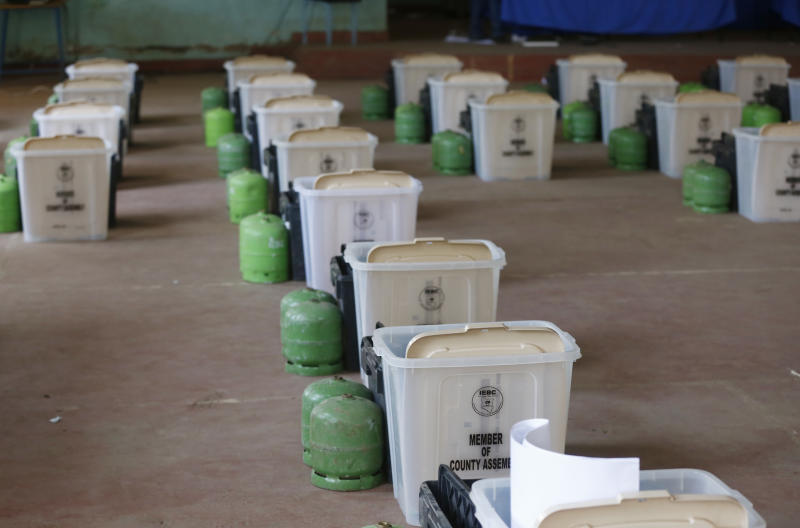×
The Standard e-Paper
Kenya’s Boldest Voice

Intrigues in the Independent Electoral and Boundaries Commission (IEBC) tender for election materials continues to deepen after a firm challenged the decision to pick a Greek firm, Inform P Lykos Holdings, to print ballot boxes.
Sources at IEBC indicate that a Cabinet Secretary and former senior officials of the electoral agency are keen to delay the procurement of the tenders to pave way for single sourcing and direct tenders for the multi - billion deals as it happened in 2013 and 2017 elections.